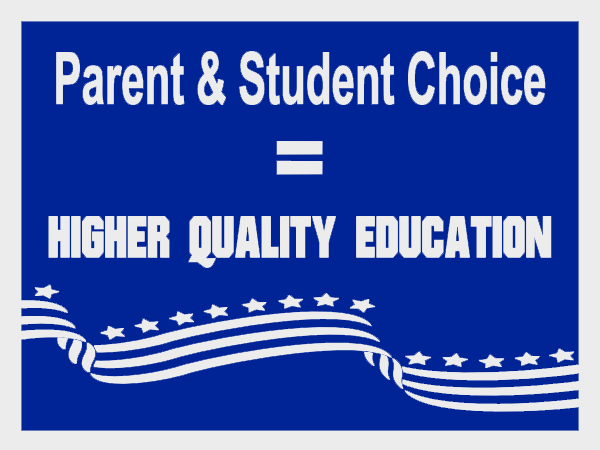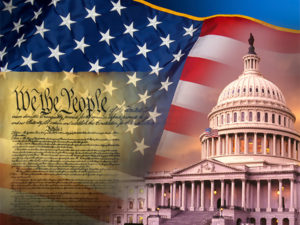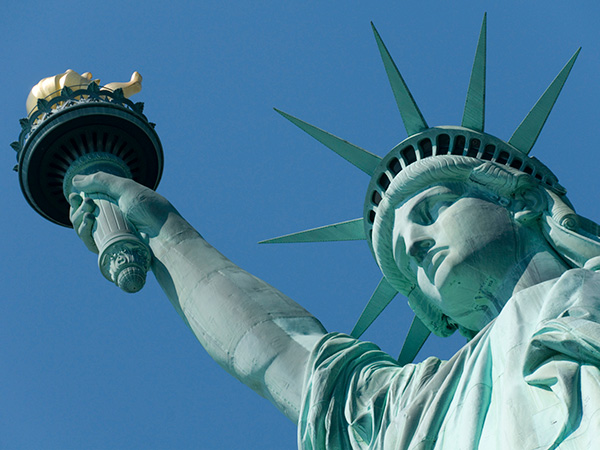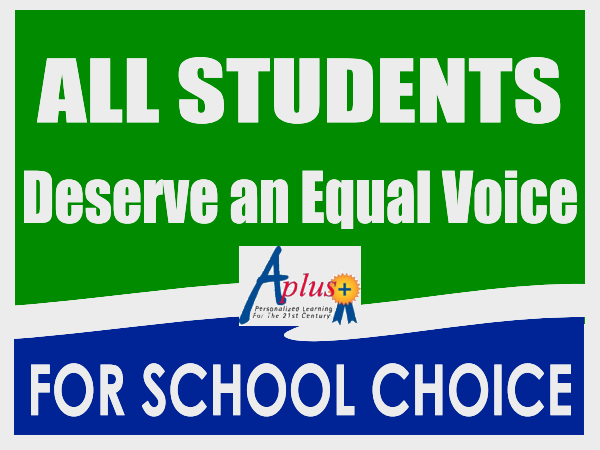Natural rights are unalienable rights, that is, those that are not dependent on the laws or customs of any particular culture or government, and therefore universal and inalienable (i.e., rights that cannot be repealed or restrained by human laws).
These absolute rights of individuals may be resolved into the right of personal security, the right of personal liberty, and the right to acquire and enjoy property. These rights are declared to be natural, inherent, and unalienable.
Atchison & N. R. Co. v. Baty, 6 Neb. 37, 40, 29 Am. Rep. 356
By the “absolute rights” of individuals is meant those which are so in their primary and strictest sense, such as would belong to their persons merely in a state of nature, and which every man is entitled to enjoy, whether out of society or in it. The rights of personal security, of personal liberty, and private property do not depend upon the Constitution for their existence. They existed before the Constitution was made, or the government was organized. These are what are termed the “absolute rights” of individuals, which belong to them independently of all government, and which all governments which derive their power from the consent of the governed were instituted to protect.
People v. Berberrich (N. Y.) 20 Barb. 224, 229; McCartee v. Orphan Asylum Soc. (N. Y.) 9 Cow. 437, 511, 513, 18 Am. Dec. 516; People v. Toynbee (N. Y.) 2 Parker, Cr. R. 329, 369, 370 (quoting 1 Bl. Comm. 123)
According to thelawdictionary.org, constitutional liberty or freedom is defined as follows:
“Such freedom as is enjoyed by the citizens of a country or state under the protection of its constitution, the aggregate of those personal, civil, and political rights of the individual which are guaranteed by the constitution and secured against invasion by the government or any of its agencies.”
People v. Hurlbut, 24 Mich. IOC. Am. Rep. 103
uslegal.com defines personal liberty as follows:
“Personal liberty is the liberty of an individual to behave as one pleases except for those restraints imposed by laws and codes of conduct of the society in which one lives to safeguard the physical, moral, political, and economic welfare of others.”








